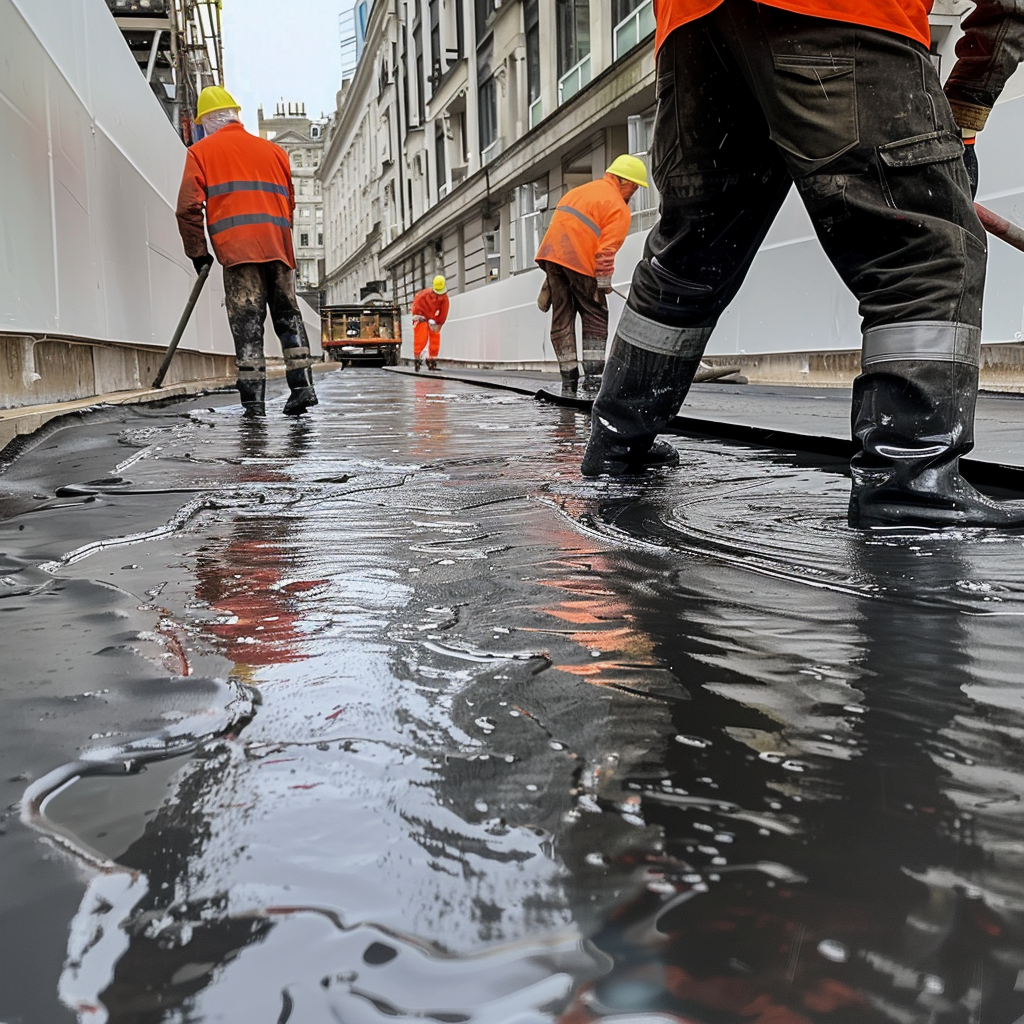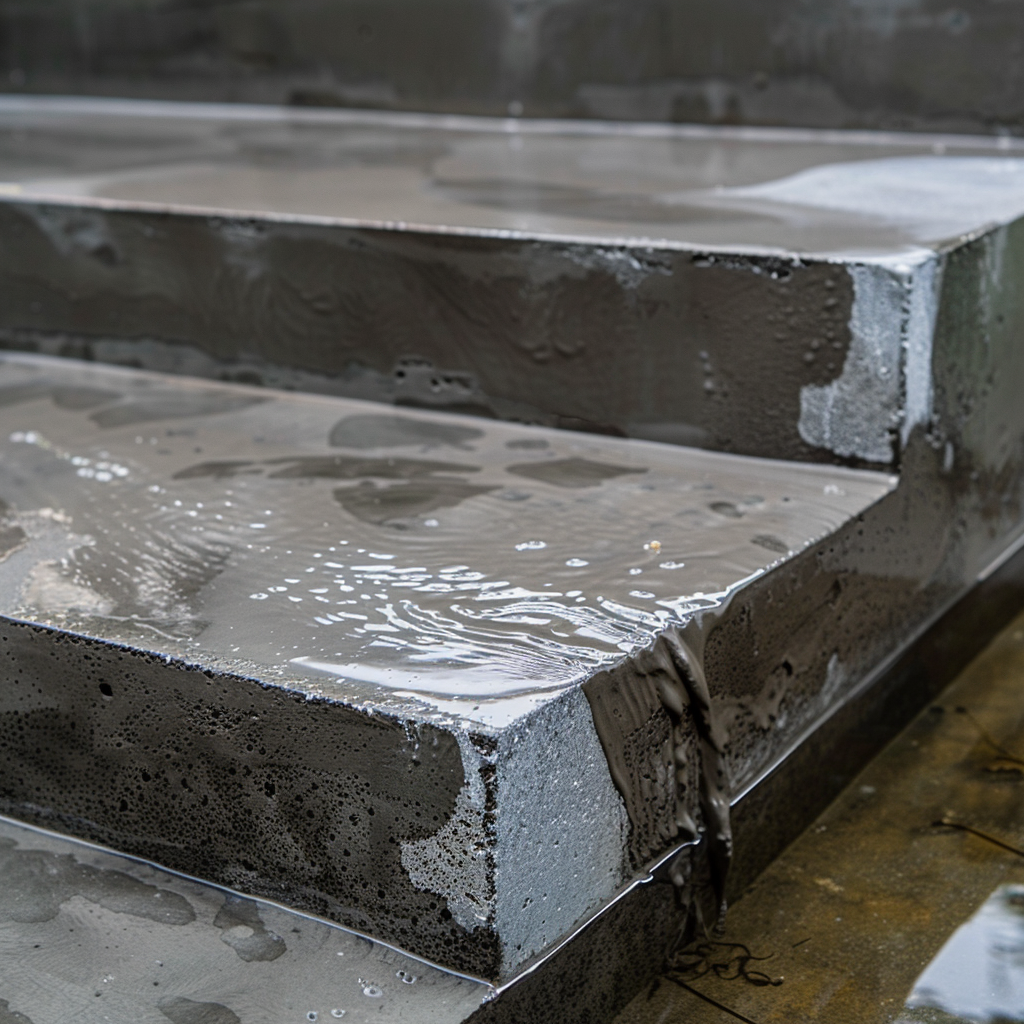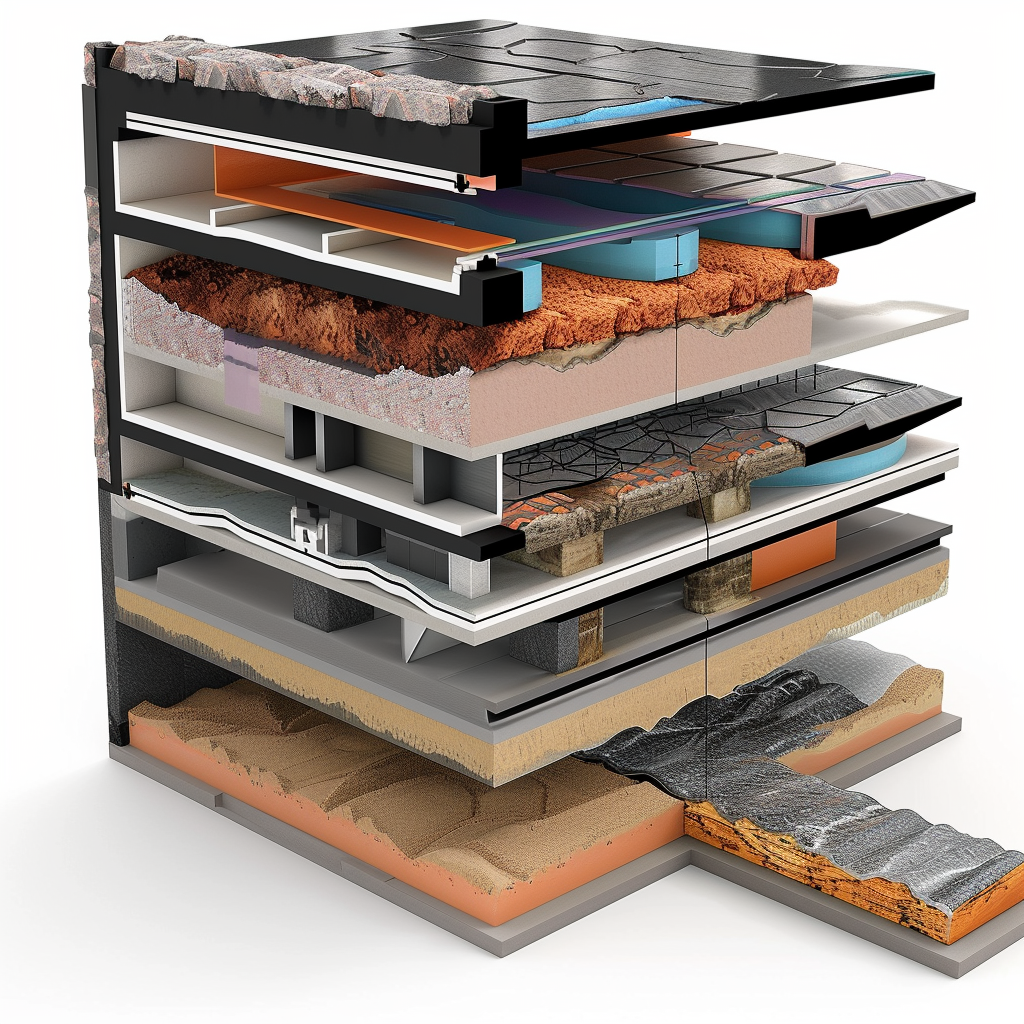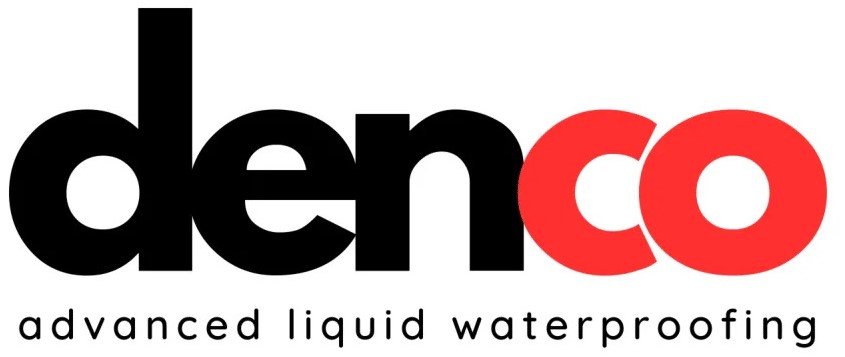Asphalt Waterproofing
Asphalt waterproofing prevents water from penetrating asphalt surfaces. It prolongs the lifespan of roads, driveways, and roofing materials.
Asphalt waterproofing is essential for maintaining the integrity of asphalt surfaces. Water can cause significant damage. It does this by seeping into cracks and potholes. This leads to erosion and weakening. Proper waterproofing methods involve applying sealants. They create a barrier against moisture.
This process helps to avoid costly repairs and extends the life of the asphalt. Regular maintenance and inspection ensure that the waterproofing remains effective. You protect asphalt from water damage. This makes it last longer, and stay safe. It is used in many things, from roads to rooftops. Investing in asphalt waterproofing is a cost-effective measure for preserving infrastructure.
Jump On
What Is Asphalt Waterproofing?
Asphalt waterproofing is crucial in maintaining and extending the lifespan of asphalt surfaces. It involves adding a protective layer. This layer stops water from seeping into the asphalt. This helps avoid cracks, potholes, and other damage caused by water infiltration. But what exactly is asphalt waterproofing?
Asphalt waterproofing is the application of specialized products to asphalt surfaces. This creates a barrier that keeps water out. Water is a significant enemy of asphalt. Without proper waterproofing, water can cause serious damage.
Why Is Asphalt Waterproofing Important?
Water can weaken the structure of asphalt. This leads to cracks and potholes. Over time, these damages can become severe. Waterproofing prevents this by keeping water away from the asphalt. This keeps the surface strong and durable.

Methods Of Asphalt Waterproofing
There are various methods for asphalt waterproofing
Sealcoating
This involves applying a protective layer over the asphalt. It seals the surface from water and UV rays.
Membrane Systems
These are sheets or liquid-applied membranes. They form a waterproof barrier over the asphalt.
Asphalt Emulsions
These are mixtures of asphalt and water. They provide a flexible and durable waterproof layer.
Signs You Need Asphalt Waterproofing
Look out for these signs
Visible Cracks
Cracks on the surface indicate water damage.
Potholes
These are a clear sign of severe water damage.
Standing Water
Water pooling on the surface suggests poor drainage and waterproofing needs.
Understanding asphalt waterproofing is vital to maintaining your surfaces. Protecting your asphalt from water can prevent many issues. This ensures a long-lasting, safe, and cost-effective surface.
Types Of Asphalt Waterproofing
Asphalt waterproofing is essential to protect surfaces from water damage. Different types of asphalt waterproofing offer various benefits. Each method is suitable for specific applications. Below, we explore the primary types of asphalt waterproofing methods.
Hot-applied Rubberized Asphalt
Hot-applied rubberized asphalt is a popular choice for waterproofing. This method involves heating asphalt to a liquid state. The liquid asphalt is then applied to the surface. Benefits of hot-applied rubberized asphalt include
Durability
Highly resistant to weather conditions.
Flexibility
Adapts to surface movements.
Seamless
No seams or joints that can leak.
Hot-applied rubberized asphalt is ideal for large projects. It is commonly used for parking decks and bridges. This method provides a long-lasting waterproof barrier.
Cold-applied Asphalt Emulsion
Cold-applied asphalt emulsion does not require heating. It is easy to apply and suitable for various surfaces. Advantages of cold-applied asphalt emulsion include
Easy Application
No heating equipment is needed.
Cost-Effective
Lower application costs.
Versatile
Can be used on different surfaces.
This type of asphalt waterproofing is perfect for smaller projects. It is often used for residential roofs and small commercial buildings. Cold-applied asphalt emulsion provides a reliable waterproof layer.
Self-adhesive Polymer-modified Asphalt
Self-adhesive polymer-modified asphalt is a modern solution. It comes in rolls and is easy to apply. Key benefits of self-adhesive polymer-modified asphalt include:
Quick Installation
No need for heating or special tools.
Strong Adhesion
Sticks well to various surfaces.
Enhanced Durability
Resistant to tears and punctures.
It is ideal for waterproofing foundations and basements. This method ensures a strong, waterproof seal.
Concrete Asphalt Waterproofing
Concrete asphalt waterproofing protects concrete surfaces. This method involves applying a waterproof layer to concrete. Benefits of concrete asphalt waterproofing include:
- Protection: Shields concrete from water damage.
- Longevity: Extends the life of concrete structures.
- Easy Maintenance: Simplifies upkeep of concrete surfaces.
It is perfect for bridges, parking decks, and concrete roofs. This method ensures that concrete remains in good condition.


Asphalt Roof Waterproofing
Asphalt roof waterproofing is essential for protecting roofs. This method involves applying a waterproof layer to the roof. Advantages of asphalt roof waterproofing include:
- Weather Resistance: Protects against rain, snow, and UV rays.
- Cost-Effective: Affordable solution for roof protection.
- Easy Application: Simple to apply with the right tools.
This method is suitable for both residential and commercial roofs. It ensures roofs remain leak-free and durable.
Waterproof Asphalt Sealant
Waterproof asphalt sealant is a versatile option. It is used to seal cracks and joints in asphalt surfaces. Key benefits of waterproof asphalt sealant include:
- Easy Application: Simple to apply with minimal tools.
- Flexibility: Adapts to surface movements.
- Durability: Long-lasting protection against water.
This type of sealant is perfect for driveways, walkways, and roofs. It ensures surfaces remain waterproof and protected from damage.

Benefits Of Asphalt Waterproofing
Asphalt waterproofing is crucial for maintaining the durability and longevity of asphalt surfaces. Asphalt waterproofing has numerous benefits, ensuring your pavement remains in good condition for years. Let’s explore the key advantages of asphalt waterproofing.
Protection Against Water Damage
Water can be a significant enemy of asphalt surfaces. Without proper waterproofing, water seeps into the asphalt, causing extensive damage. Here are some key benefits of protecting against water damage:
- Prevents Erosion: Waterproofing stops water from penetrating the asphalt, preventing erosion and weakening of the structure.
- Avoids Freeze-Thaw Cycles: Water entering asphalt can freeze and expand, causing cracks. Waterproofing prevents this cycle.
- Reduces Mold and Mildew: Standing water can promote mold and mildew growth, which can deteriorate asphalt. Waterproofing minimizes this risk.
Considering these benefits, asphalt waterproofing is essential for protecting your pavement against water damage.
Extended Lifespan Of Asphalt Pavement
Investing in asphalt waterproofing can significantly extend the lifespan of your pavement. Here’s how:
- Minimizes Repairs: The need for frequent repairs is reduced by preventing water damage.
- Maintains Structural Integrity: Waterproofing keeps the asphalt’s structure sound, preventing premature aging.
- Enhances Durability: Asphalt surfaces remain durable and resistant to wear and tear.
Waterproofing acts as a shield, ensuring that your asphalt pavement stays in top condition for longer, saving you time and money in the long run.
Prevention Of Cracks And Potholes
Cracks and potholes are common issues in asphalt surfaces. Waterproofing can help prevent these problems:
- Seals Small Cracks: Waterproofing fills in small cracks before they expand into more significant issues.
- Prevents Water Infiltration: By keeping water out, the formation of cracks and potholes is minimized.
- Improves Surface Appearance: Crack-free surfaces look better and are safer to drive on.
You can maintain a smooth and crack-free asphalt surface through effective waterproofing, enhancing its functionality and appearance.
Reduced Maintenance Costs
Waterproofing your asphalt can lead to significant cost savings:
- Less Frequent Repairs: The need for repairs decreases with reduced water damage.
- Longer Lifespan: Extended pavement life means fewer replacements.
- Cost-Effective Investment: Initial waterproofing costs are offset by long-term maintenance savings.
By investing in asphalt waterproofing, you can enjoy lower maintenance costs and fewer disruptions due to repairs, making it a smart financial decision.
Preparing For Asphalt Waterproofing
Waterproofing asphalt is key. It extends the pavement’s lifespan and protects it from water damage. Preparing for asphalt waterproofing involves many vital steps. They ensure the process works well and lasts a long time. This guide will cover key preparation stages. First, clean and fix the surface. Then, check the weather forecast and pick the right waterproofing method.
Cleaning And Repairing The Surface
Before applying any waterproofing material, it’s essential to clean and repair the asphalt surface thoroughly. This ensures the waterproofing agent adheres appropriately and provides maximum protection. Follow these steps to prepare the surface:
- Remove Debris: Sweep the surface to remove loose dirt, leaves, and debris.
- Power Wash: Use a power washer to eliminate stubborn dirt, oil stains, and other contaminants.
- Inspect for Damage: Check for cracks, potholes, and other damages that need repair.
After cleaning, focus on repairing any damages:
- Fill Cracks: Use a crack filler to seal gaps in the asphalt.
- Patch Potholes: Apply asphalt patching material to fix potholes and uneven areas.
- Seal Edges: Ensure the asphalt edges are sealed to prevent water infiltration.
Proper cleaning and repair set the foundation for a successful waterproofing application.
Choosing The Right Waterproofing Method
Selecting the proper waterproofing method is crucial for protecting your asphalt surface. Here are some common techniques to consider:
- Liquid Waterproofing: Easy to apply and provides a seamless finish.
- Sheet Membrane: Offers high durability and resistance to punctures.
- Spray-Applied Waterproofing: Ideal for large areas and provides uniform coverage.

Asphalt Waterproofing Costs London
The cost of asphalt waterproofing in London can vary. It depends on factors. They include the size of the area to be treated. Also, the condition of the existing surface and the quality of materials used. On average, you can expect to pay around £60 to £90 per square foot for asphalt waterproofing in London. This cost includes labour, materials, and any necessary equipment.
Maintenance Of Asphalt Waterproofing
Asphalt waterproofing is crucial for protecting surfaces from water damage. Proper maintenance ensures the longevity and effectiveness of the waterproofing layer. Regular upkeep includes inspections, cleaning, repairs, and reapplications. This guide will help you understand the essential steps for maintaining asphalt waterproofing.
Regular Inspection And Cleaning
Regular inspection and cleaning are vital for maintaining asphalt waterproofing. Inspect the asphalt surface at least twice a year. Look for signs of wear, tear, or damage. Cleaning the surface is just as important. Dirt and debris can accumulate, affecting the waterproofing layer. Here are some steps to follow:
- Inspect the surface after heavy rains or storms.
- Remove debris like leaves, branches, and trash.
- Use a pressure washer to clean the asphalt. Ensure the pressure is manageable to avoid damage.
- Check for oil spills or chemical stains. These can degrade the waterproofing layer. Use a mild detergent to clean them.
Regular inspection and cleaning prevent small issues from becoming major problems. Keep a log of your inspections and cleanings. Note any areas of concern for future reference.
Repair Of Damaged Areas
Damaged areas need immediate attention. Cracks and holes can let water seep through, causing further damage. Repairing these areas extends the life of your asphalt waterproofing. Follow these steps for effective repair:
- Identify the damaged areas during your inspections.
- Clean the damaged area thoroughly. Remove any loose debris.
- Fill small cracks with asphalt crack filler. Ensure it’s compatible with your existing waterproofing layer.
- For larger holes, use a patching compound. Spread it evenly and compact it well.
- Allow the repair to dry completely before using the surface.
Regularly repairing damaged areas prevents further deterioration. It also ensures the waterproofing layer remains intact and effective.
Mastic Asphalt Waterproofing
Asphalt waterproofing is essential for protecting buildings and structures from water damage. Mastic asphalt waterproofing is one of the most effective methods. This material is durable, flexible, and provides a seamless finish. It is ideal for roofs, basements, and other areas prone to water exposure. Mastic asphalt has a long lifespan and needs little maintenance. It is a top choice for waterproofing.

Asphalt Basement Waterproofing
Basements are highly susceptible to water infiltration. Asphalt basement waterproofing creates a strong barrier against moisture. This method ensures a dry and safe basement environment. Key benefits of asphalt basement waterproofing include:
- Durability: Asphalt can withstand heavy pressure and movement.
- Seamless application: No joints or seams mean fewer weak spots.
- Flexibility: Adapts to structural movements and settling.
- Low maintenance: Requires minimal upkeep once installed.
The application involves a few steps:
- Surface preparation: Clean and dry the basement walls and floor.
- Priming: Apply a primer to ensure strong adhesion.
- Asphalt layer: Spread the mastic asphalt evenly.
- Curing: Allow the asphalt to set and harden.
Using mastic asphalt for basement waterproofing ensures long-lasting protection and peace of mind.
Asphalt Waterproofing Coating
Asphalt waterproofing coating is another effective method. It involves applying a protective asphalt layer to surfaces vulnerable to water damage. This coating is suitable for roofs, walls, and even floors. The benefits of asphalt waterproofing coating include:
- Water resistance: Prevents water infiltration and damage.
- UV protection: Shields surfaces from harmful UV rays.
- Cost-effective: Affordable solution for waterproofing needs.
- Easy application: This can be applied quickly and easily.
Steps involved in applying an asphalt waterproofing coating:
- Clean the surface: Remove dirt, debris, and old coatings.
- Apply primer: Enhance the bond between the surface and the coating.
- Spread the coating: Use a brush or roller for even application.
- Let it cure: Allow the coating to dry and set.
This method is ideal for new and existing structures, providing an extra layer of protection against water damage.
Asphalt Waterproofing Membrane
Asphalt waterproofing membrane is a highly effective solution. It consists of a thick, flexible layer of asphalt that provides superior waterproofing. This membrane is perfect for flat roofs, balconies, and terraces. Key advantages of using an asphalt waterproofing membrane include:
- Long-lasting protection: Offers years of reliable service.
- Elasticity: Adjusts to structural movements without cracking.
- Chemical resistance: Withstands exposure to various chemicals.
- Easy repair: It is simple to fix any damage that may occur.
Installation involves several steps:
- Surface preparation: Clean and prime the area to be covered.
- Membrane application: Lay the membrane and ensure it adheres well.
- Sealing edges: Make sure all edges and seams are sealed properly.
- Inspection: Check for any gaps or weak spots.
An asphalt waterproofing membrane provides robust and reliable protection against water infiltration, ensuring the longevity of your structure.
Common questions about Asphalt Waterproofing
Is asphalt good for waterproofing?
How thick is asphalt waterproofing?
Is asphalt better than cement?
What are the disadvantages of asphalt?
Contact denco liquid waterproofing today
Liquid waterproofing stands as a resilient solution for protecting structures. It adapts to varied surfaces, ensuring long-lasting defense against moisture. It has easy use and is very durable. It’s a great choice for smart builders and homeowners. Embrace this new method. Watch as your investment withstands time and weather.
For the best liquid waterproofing service for your property, we have a team of experts available to assist you at any time.
Get in touch
Ready to upgrade your waterproofing? Contact denco Liquid Waterproofing for expert service and premium quality.
Location
Unit 3a, Veka Building, Manor Way,
Swanscombe, Kent. DA10 0LL
Email us
denco.waterproofing@gmail.com
Call us
01689 824550
07921 517860

